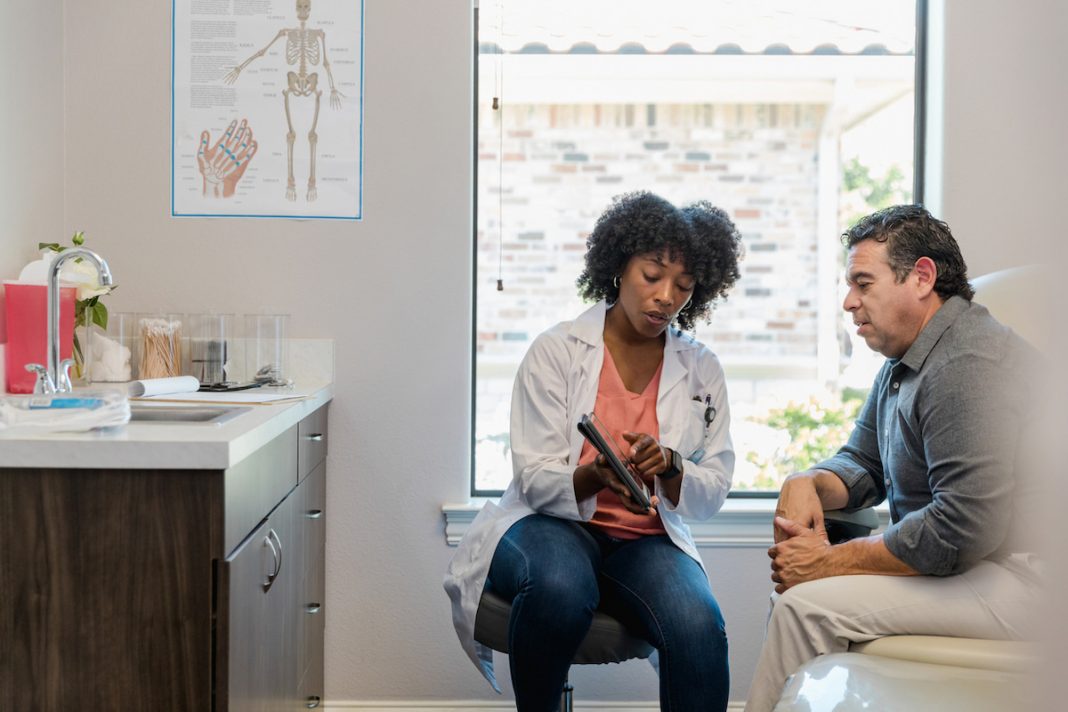When it comes to healthcare, we are lucky to have a wealth of information and options at our fingertips. If you prefer to be an active participant in your health, one of the best ways is to ask your healthcare practitioners for more information.
It’s probably fair to say that in past generations, the norm was to do what our doctor told us to do without asking questions. Nowadays, at the very least, patients are encouraged to be make informed choices. Even better is to work collaboratively with your health care provider. They will be able to provide expertise and knowledge, but ultimately, you are encouraged to take responsibility for your wellbeing.
When it comes to making decisions about health choices, one model that works well is B.R.A.I.N. Which stands for considering the Benefits, Risks and Alternatives, as well as what your Intuition is telling you and the consequences of doing Nothing.
These five questions help to better inform your decision making and become more relevant when considering a particular medical intervention, such as taking a new medication or a contemplating a surgical procedure.
Benefits vs Risk
Just about any health choice has both benefits and risks. Asking your health care provider to explain risks versus benefits is the starting point for informed consent. It can be as simple as knowing the side effects of a medication so you can be aware of what to look out for.
Alternatives
If you decide that the risk of an intervention outweighs the benefits, then you would likely want to explore the alternatives. The rise of alternative medicine is testament to the fact that we love to have options. Sometimes, the more people you ask, the more confusing it can be and, ultimately, we have to make a judgment call.
Intuition
Have you ever got a feeling that despite the logic of what you’re hearing, something just doesn’t feel right? Trust your instincts, ask more questions, seek a second opinion, and where possible, give yourself more time. Health professionals, despite their years of training and best of intentions, are fallible and can make mistakes.
Doing nothing
What happens if you do nothing and wait it out? It reminds me of a cautionary tale contained in a study that showed a group of patients that were on the wait list for back pain surgery had better outcomes compared to those who actually had the surgery. Sometimes waiting or choosing to not do anything at all is a valid option.
Get local, national and world news, plus sport, entertainment, lifestyle, competitions and more delivered straight to your inbox with the Canberra Daily Daily Newsletter. Sign up here.



